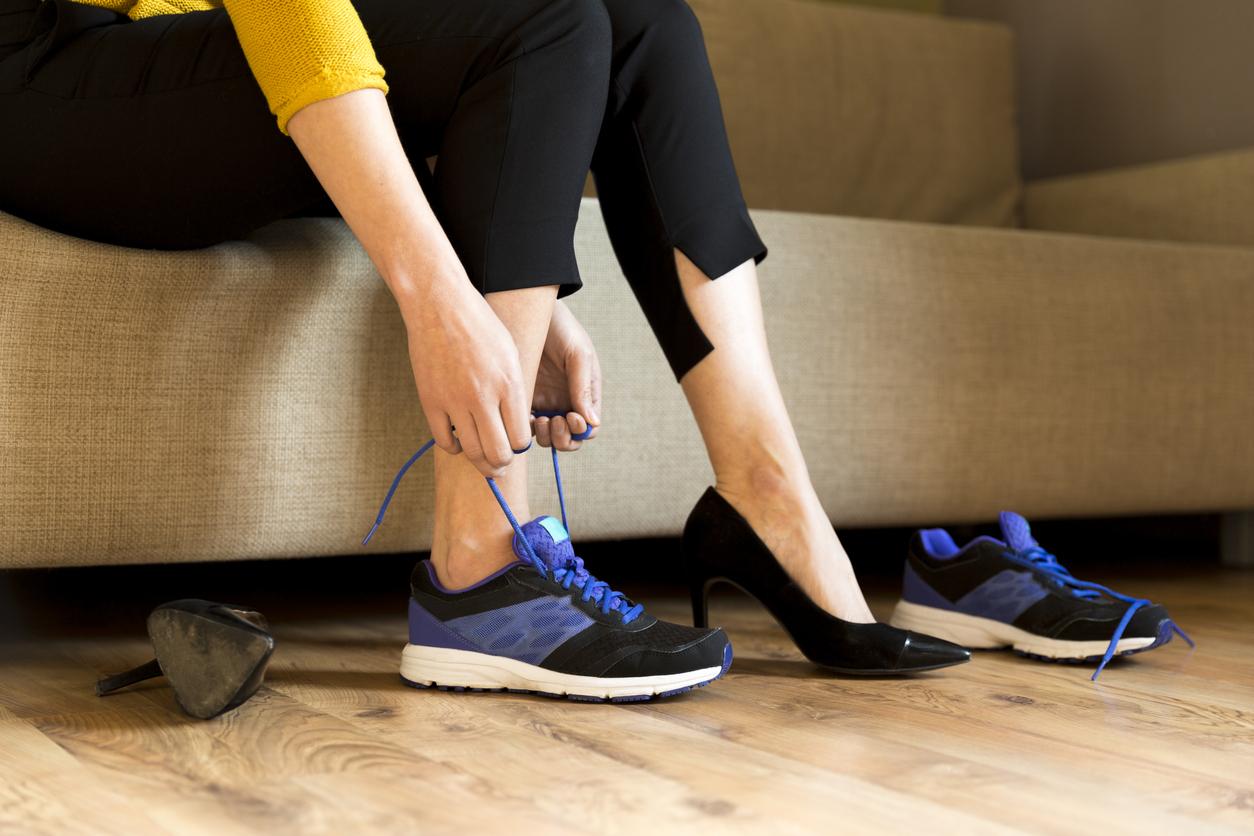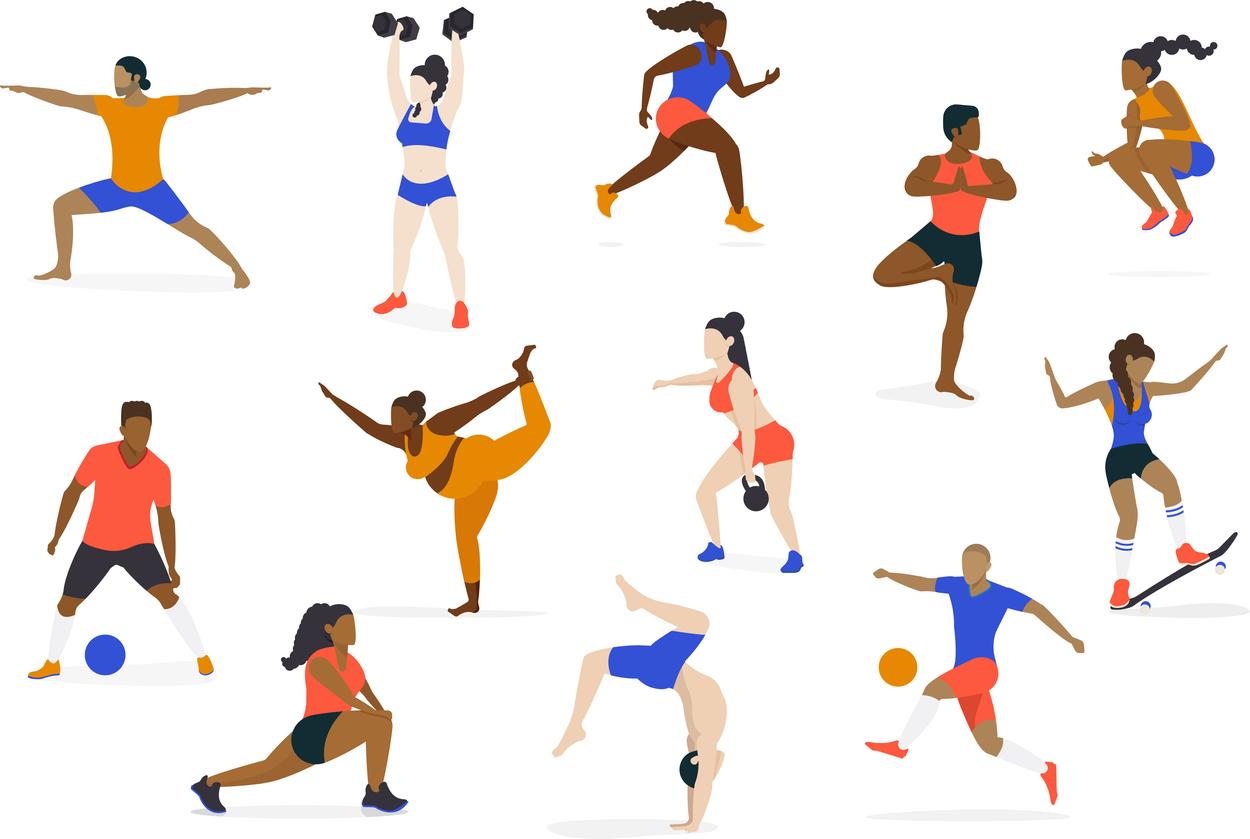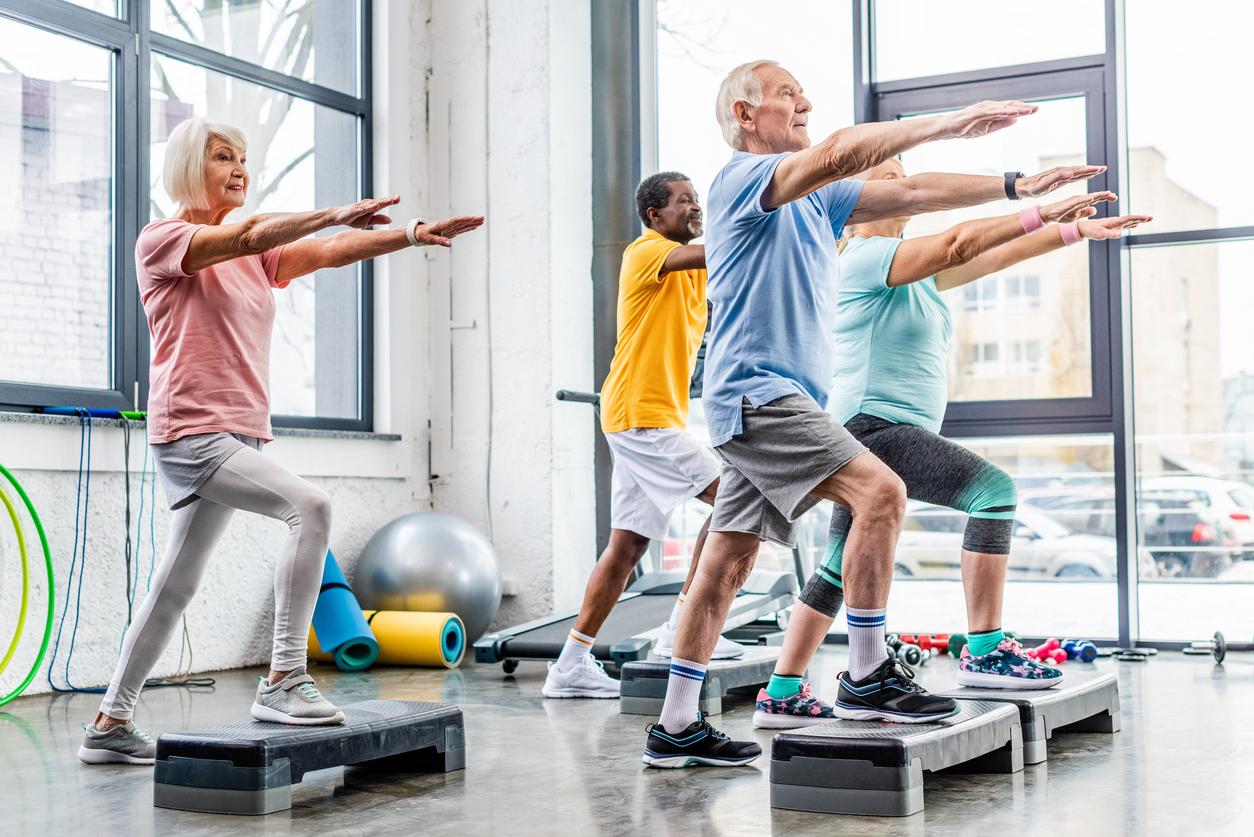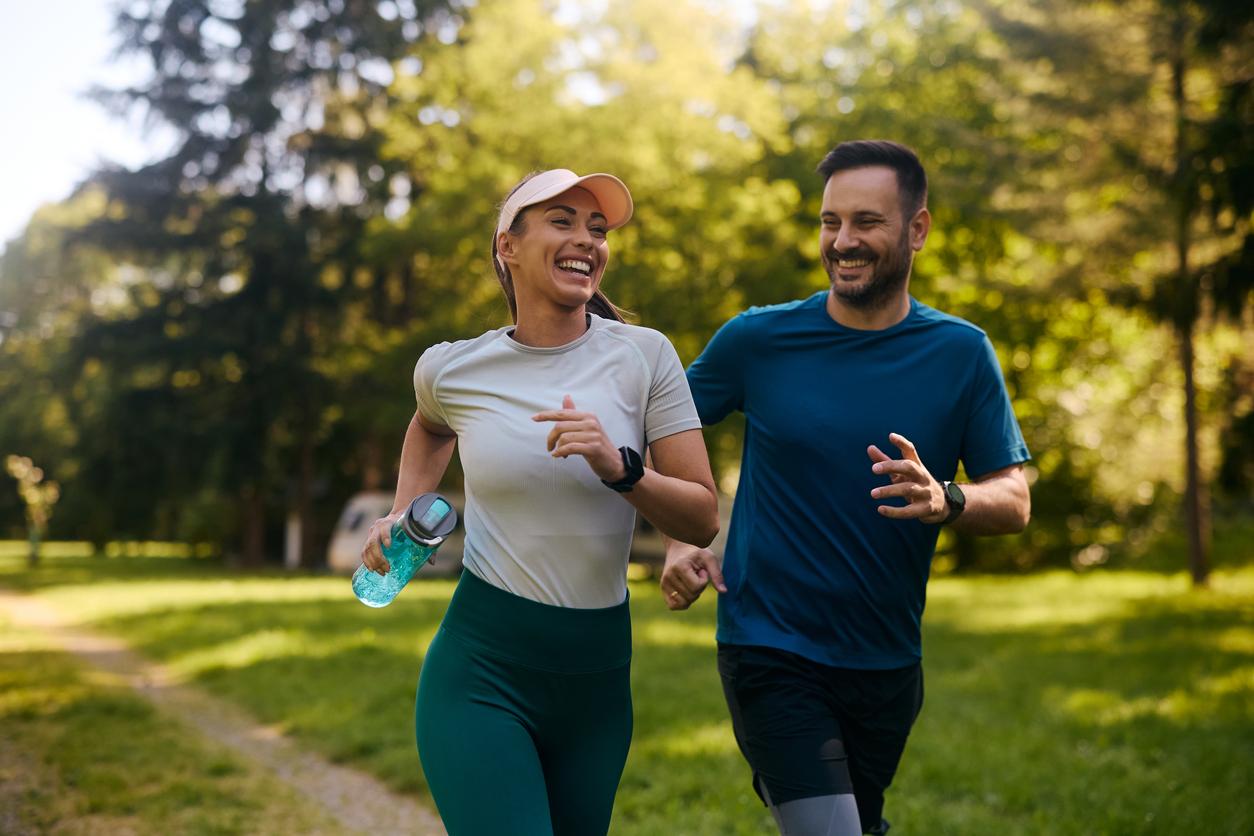Integrating a sports practice into our daily lives, which are often too sedentary, is excellent for your health. Here’s how to do it back to school.
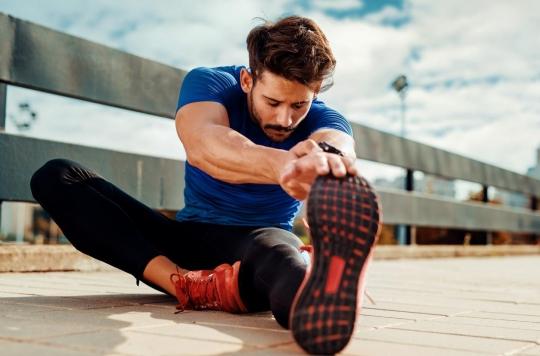
- The French mainly jog, gym or bike.
- 1 out of 2 French people say they play sports at least once a week.
It’s back to school, and many people want to resume or start a sport after the summer feast. An excellent project for health, but which should not be carried out just anyhow. Here are some tips so you don’t miss out.
1/ Set achievable goals
For a sporting activity to be beneficial to health, it is above all necessary to favor its regularity. Better, for example, to run 15 minutes three times a week until next summer, rather than just three hours a week in September. In this sense, it is necessary, in order to be able to maintain one’s sports project throughout the year, to set realistic objectives, in accordance with our schedules.
2/ Choose an activity that you like
Always with the idea of succeeding in maintaining physical activity all year round, it is best to choose a sport that you like.
3/ Start or resume gently
Resuming or starting a sport at too high an intensity is the best way to get injured, especially after the summer, when lifestyles are often less healthy than during the year. It is therefore better to start gently, and increase your objectives crescendo.
4/ Eat accordingly
The more balanced the diet, the better the athletic performance. Conversely, combining physical activity with an inadequate diet can be dangerous for your health.
5/ Do not listen to loud music during exercise
Many swimmers, runners and walkers practice their sport while listening to music through their headphones. In these cases, it is very important not to get into the habit of putting the sound too loud, because hearing is damaged quickly and permanently. “Listening to music while practicing your sport is quite possible. The main thing is to listen to it moderately in terms of volume and duration. What is dangerous for the ears is the dose of noise which corresponds to the intensity and duration of listening. The longer you use a sound source, the more you will have to reduce the volume”, says Clotilde Saysithideth, audioprosthetist.
Always in the desire to protect his ears, the plugs are useful in the context of swimming or noisy sports such as the automobile.
6/ Equip your eyes
Depending on the sport practiced, all of the equipment can be adapted to the athlete’s eyesight by an optician. “Athletes can also wear contact lenses, with the exception of aquatic disciplines such as sailing or swimming, and aerial disciplines such as skydiving and paragliding. They represent a real advantage because they allow a greater visual field. wide and natural”, explains Antoine Delacre, optician.
For sports that involve strong exposure to the sun, it is also recommended to wear sunglasses.
.










